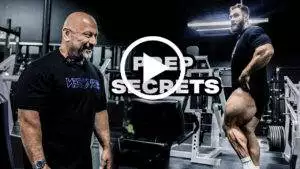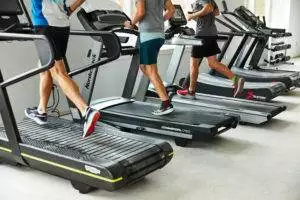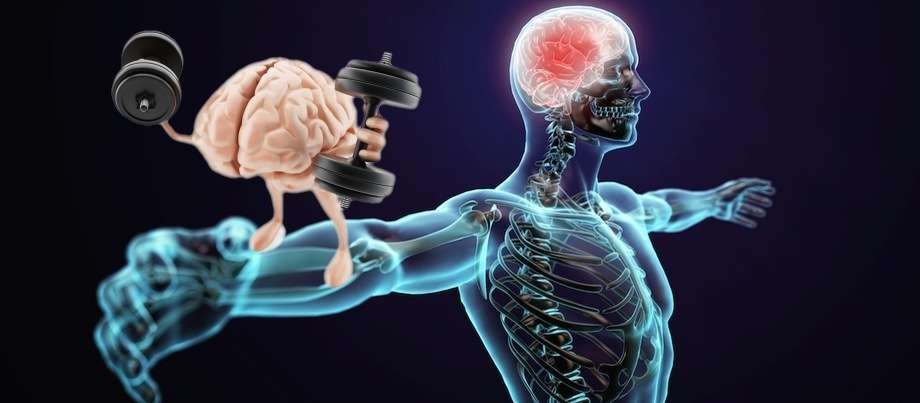Lower back pain is a widespread ailment affecting millions of people worldwide. It is a common cause of discomfort, disability, and absence from work. The lower back, or lumbar region, plays a crucial role in supporting the upper body, allowing movement, and protecting certain body tissues. However, due to its significant workload, this area is susceptible to various forms of pain and injury.
Understanding Lower Back Pain
Causes:
Lower back pain can stem from various sources, including:
- Muscle or Ligament Strain: Overstretching or tearing of muscles and ligaments in the lower back due to sudden movements, lifting heavy objects incorrectly, or poor posture.
- Herniated or Bulging Discs: The discs between vertebrae can bulge or rupture, pressing on a nerve and causing pain.
- Degenerative Conditions: Conditions like osteoarthritis, where the cushioning between the joints breaks down, or spinal stenosis, where the spinal canal narrows, can lead to chronic lower back pain.
- Trauma or Injury: Accidents, falls, or fractures affecting the spine can result in acute or chronic lower back pain.
- Other Medical Conditions: Conditions such as kidney stones, infections, or certain inflammatory diseases can also cause lower back pain.
Symptoms:
Lower back pain can manifest differently in individuals. Some common symptoms include:
- Dull, aching sensation in the lower back
- Sharp, stabbing pain that may radiate down to the legs (sciatica)
- Muscle stiffness and limited mobility
- Pain that worsens with certain movements, standing, or sitting for prolonged periods
- Numbness or tingling sensation in the legs
Management and Treatment:
Managing lower back pain often involves a multifaceted approach tailored to individual needs. Some strategies include:
- Pain Medications: Over-the-counter pain relievers like ibuprofen or acetaminophen can alleviate mild to moderate pain. In severe cases, prescription medications or muscle relaxants may be recommended.
- Physical Therapy: Exercise programs focusing on strengthening core muscles, improving flexibility, and posture correction can provide relief and prevent recurrences.
- Hot or Cold Therapy: Applying heat or ice packs to the affected area can help reduce inflammation and alleviate discomfort.
- Manual Therapies: Chiropractic adjustments, massage therapy, or acupuncture may offer relief for some individuals.
- Injections or Surgical Intervention: In severe cases or when conservative treatments fail, injections (such as cortisone) or surgery might be considered.
Prevention:
Taking proactive steps to prevent lower back pain can significantly reduce its occurrence:
- Maintain Good Posture: Practice proper body mechanics when sitting, standing, or lifting heavy objects.
- Exercise Regularly: Engage in activities that strengthen core muscles and improve flexibility, such as yoga, swimming, or walking.
- Lift Correctly: Bend the knees and keep the back straight when lifting heavy objects.
- Maintain a Healthy Weight: Extra weight can strain the lower back, so maintaining a healthy weight can reduce the risk of pain.
- Ergonomic Considerations: Ensure your workspace and furniture are ergonomically designed to support good posture and reduce strain on the back.
Conclusion
Lower back pain can significantly impact daily life and productivity, but it’s often manageable with proper care and lifestyle adjustments. Understanding the causes, managing symptoms effectively, and adopting preventive measures can empower individuals to alleviate lower back pain and enhance their overall quality of life. Consulting a healthcare professional for personalized advice is crucial for accurate diagnosis and tailored treatment plans.
You have visited 0 post(s)



















